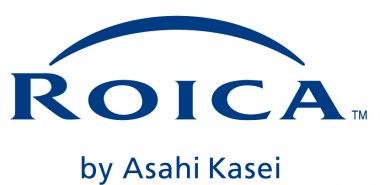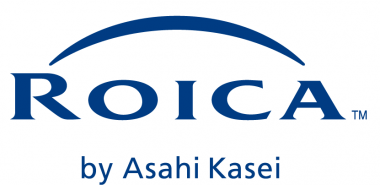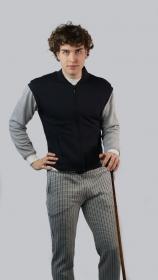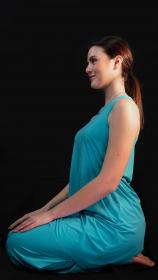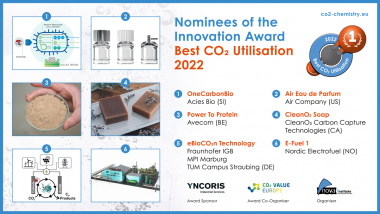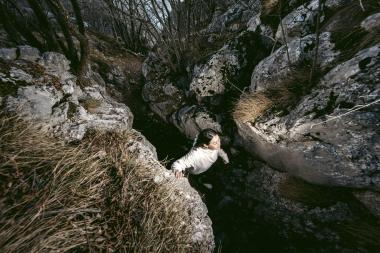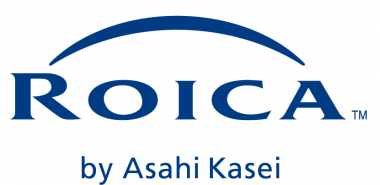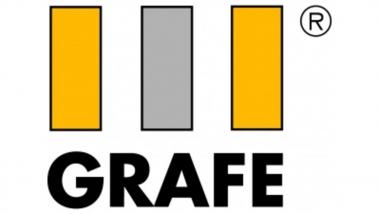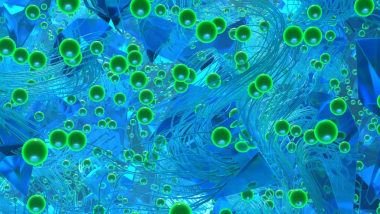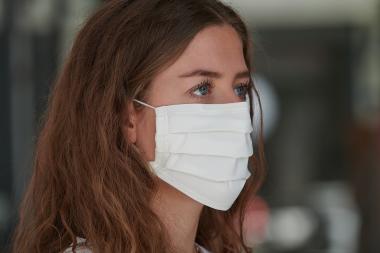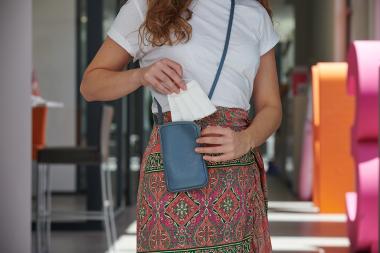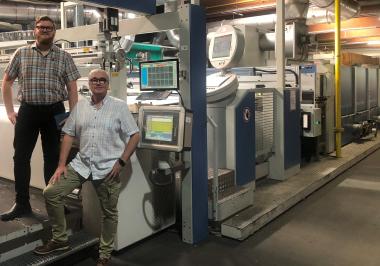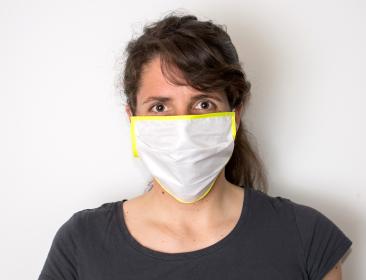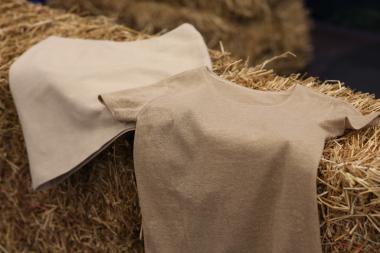Rieter: Changes in the Board of Directors
- Bernhard Jucker will not stand for re-election as Chairman of the Board of Directors at the Annual General Meeting on April 17, 2024 due to reaching the age limit
- Thomas Oetterli will be proposed as the new Chairman of the Board of Directors at the 2024 Annual General Meeting and will continue in his role as CEO of the Rieter Group
- Roger Baillod will be named as Lead Independent Director
- Jennifer Maag will be proposed for election as a new member of the Board of Directors
Bernhard Jucker will not stand for re-election as Chairman of the Board of Directors at the next Annual General Meeting on April 17, 2024, having reached the age limit. The Board of Directors would like to thank Bernhard Jucker for his outstanding and valuable commitment. During his term of office, he has successfully developed the company through acquisitions and optimization of the sites.
The Board of Directors of Rieter Holding AG proposes to the shareholders the election of Thomas Oetterli as the new Chairman of the Board. He will continue in his role as CEO of the Rieter Group. The dual mandate is an interim measure to ensure the sustainable implementation of the “Next Level” performance program. The Board of Directors is convinced that Thomas Oetterli has the qualifications and the ideal background experience as the future Chairman of Rieter Holding Ltd.
Roger Baillod, member of the Board of Directors since 2016 and Vice Chairman since 2022, will be named as Lead Independent Director. Together with the Board of Directors, Roger Baillod will use his many years of experience to continue to ensure good corporate governance.
Jennifer Maag will be proposed for election to the Board of Directors at the Annual General Meeting on April 17, 2024. Ms. Maag, native-born in the USA, has Swiss and German citizenship and holds a Bachelor’s degree in Economics from the University of California, Berkeley (USA). Ms. Maag is currently a member of the Board of Directors of Kardex Holding AG, Zurich, Weidmann Holding AG, Rapperswil, VT5 Acquisition Company AG, Pfäffikon (SZ) and Nova Property Fund Management AG, Pfäffikon (SZ). In 1999, Jennifer Maag founded Capital Concepts International AG, Zurich (Switzerland), a mergers and acquisitions consulting firm, where she remains as managing partner. From 1996 to 1999, she was a senior manager in the corporate finance department of KPMG AG in Zurich. She previously worked in auditing at Deloitte in Munich (Germany) and Zurich, during which time she completed her education as a Certified Public Accountant (CPA).
Rieter Management AG








